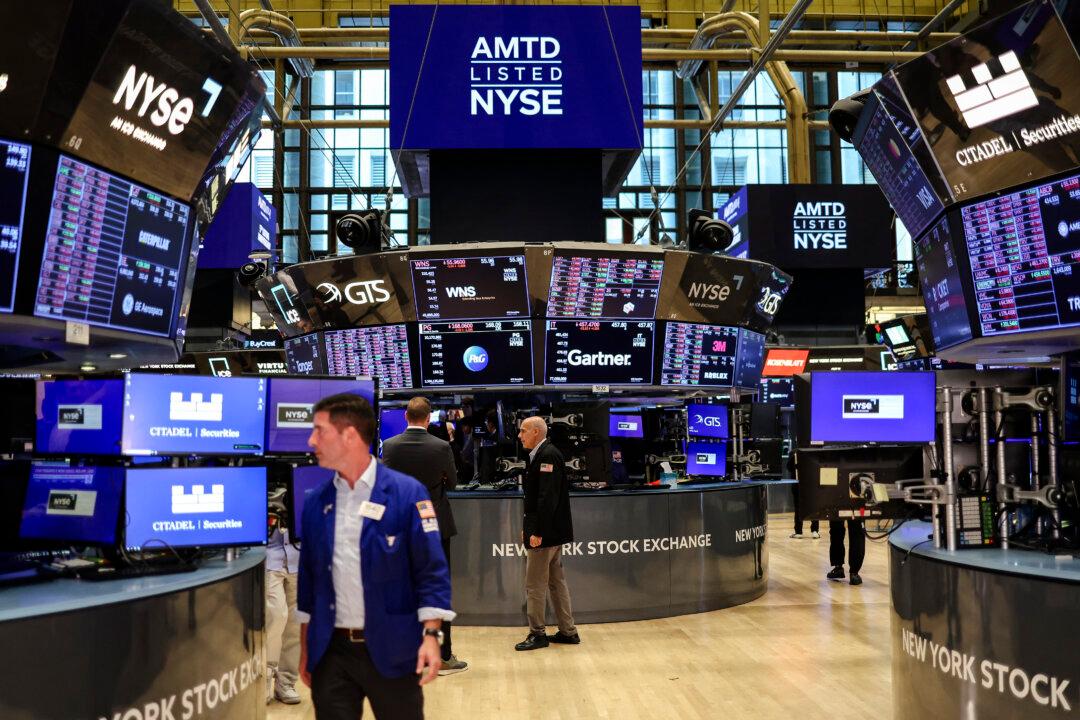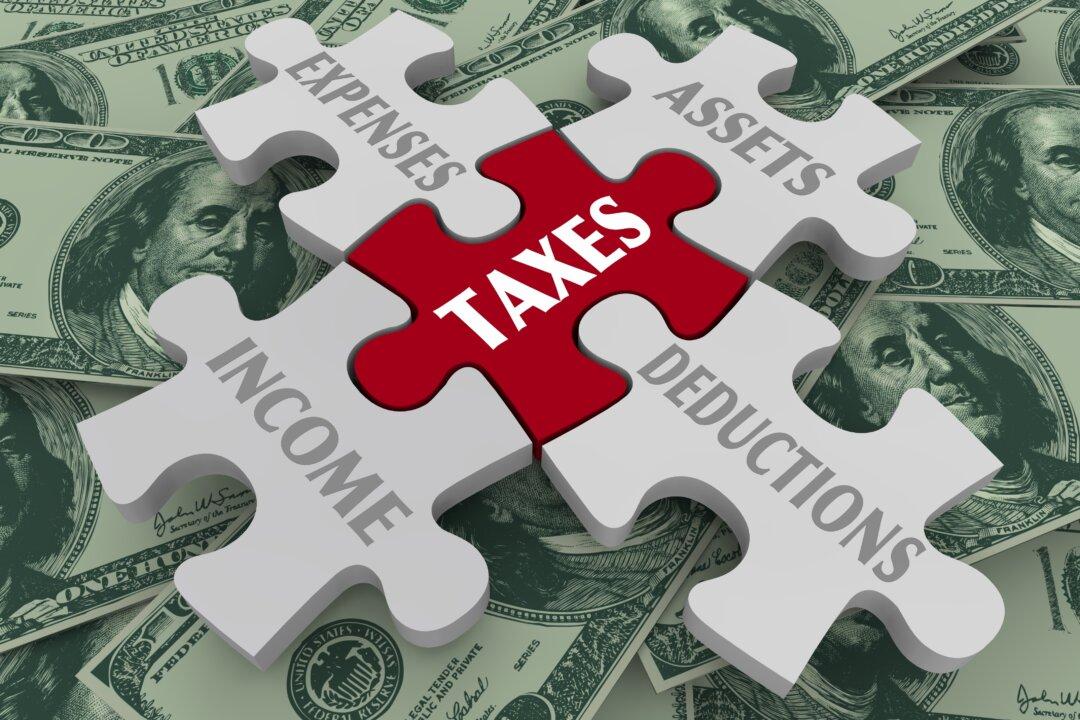Stocks have been on an uphill march since we began to exit the financial crisis of 2008–09. Massive monetary and fiscal intrusion into the market was thought needed to blunt the crisis, and even more when the pandemic hit in early 2020. Trillions of dollars buoyed asset values from cars to homes and from stocks to cryptocurrency. Anyone participating in these investments was making a lot of money—and still is today. But will it continue? Or are we going to finally get back to cyclical economic history and see stocks take a great fall?
The first step is to define what is a “good” (stock) price-to-earnings (P/E) ratio for investment purposes. There are different cuts and views that provide more insight than only an aggregate calculation might provide, such as:
- industry P/E average
- index P/E average
- company’s P/E average
- the top three closest competitor’s P/E average






